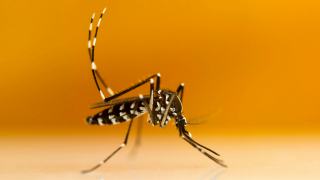
MI weekly selection #265
Sponge, algae growth on rise in Caribbean reefs Sponges and algae appear to be taking over reefs from coral in the Caribbean. Fewer predators due to overfishing and coral bleaching are spurring the growth of sponges, which have developed a nutritional relationship with the algae. National Geographic Arecibo grabs images of close-flying asteroid Puerto Rico’s […]








